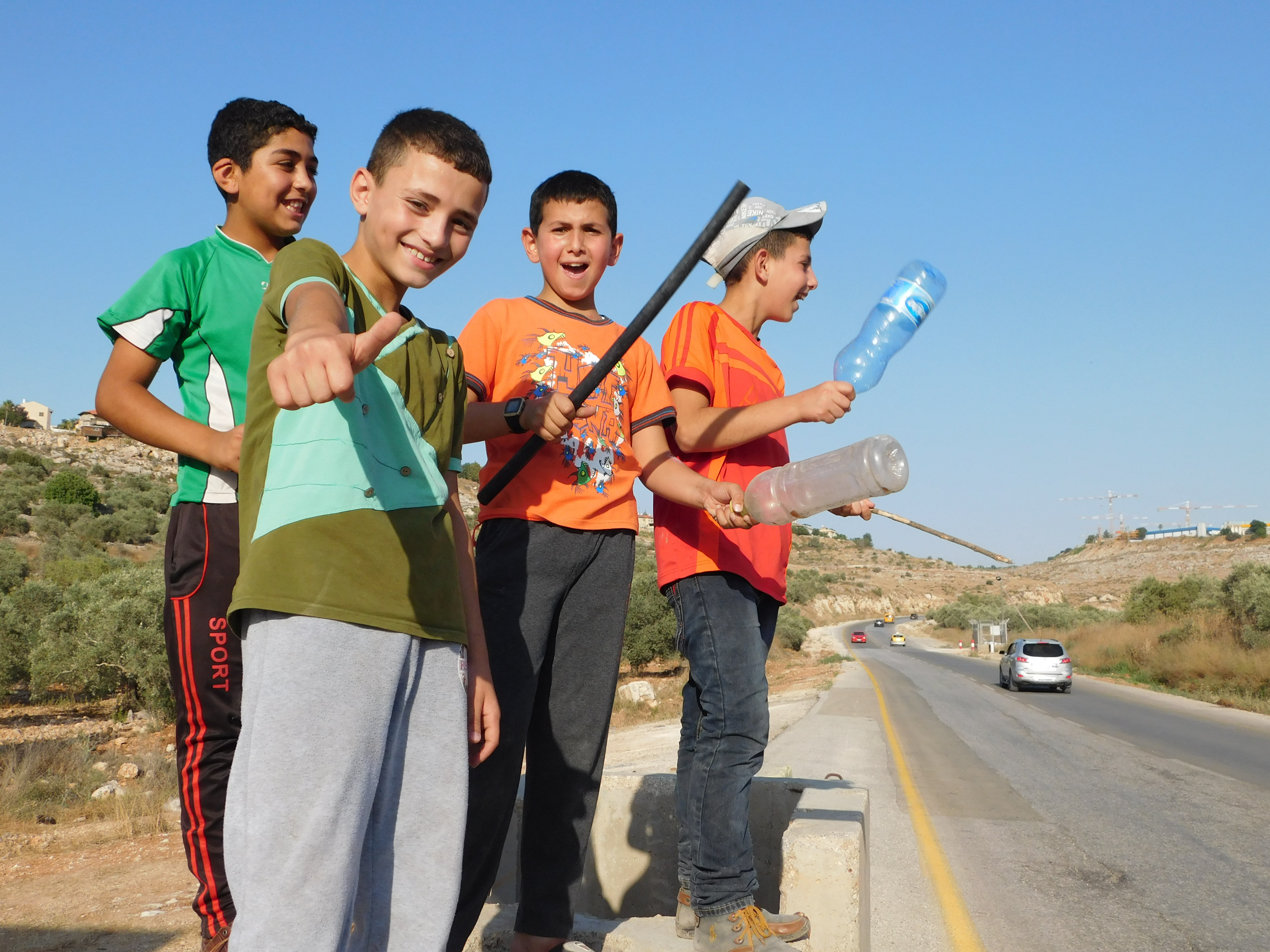Tag: International law
-

Continuous restrictions of the freedom of religion in Hebron
21st June 2016 | International Solidarity Movement, al-Khalil team | Hebron, occupied Palestine Today, 21st June 2016, Israeli forces delayed and stopped several Palestinians on their way to noon-prayer at Ibrahimi mosque in occupied al-Khalil (Hebron). During the last few days, Israeli forces have been stopping, checking and delaying Palestinians at several checkpoints in the…
-

Qarawah water apartheid
21st June 2016 | IWPS | Deir Istiya, occupied Palestine When Aziz ‘Aasee, the mayor of Qarawah Bani Hassan village drives through the streets, we’re stopped every few meters by one of his constituents, all of whom are asking the same question: When will we have water again? For some, the question is a joke;…
-

Important stage victory for BDS Oldenburg and Freedom of Speech
18th June 2016 | BDS Oldenburg, Germany Local German SPD politician forced to abstain from charges of anti-Semitism by court order On 14 June 2016 the Regional Court Oldenburg ordered Sara Rihl, local SPD politician and student member of the senate of the university of Oldenburg, not to repeat her statements relating to Christoph Glanz.…
